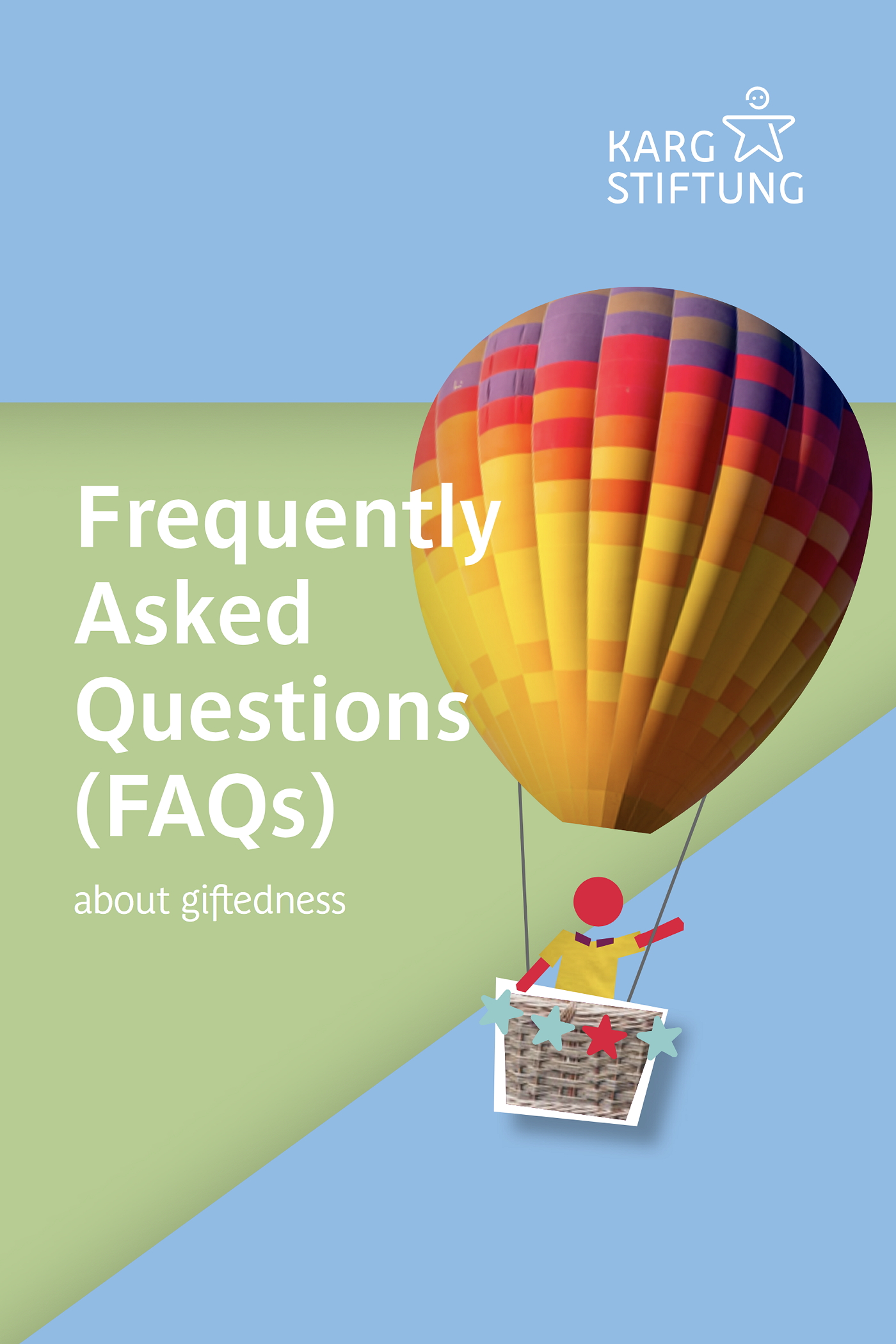Frequently Asked Questions (FAQs) about giftedness
Who should perform testing and how does reliable intelligence assessment work?
Regardless of how good a test may be, the key to successful assessment lies in the appropriate use of the test and the correct interpretation of the results. Comprehensive skills in psychodiagnostics and also fundamental knowledge of theory and research findings are essential. Consequently, tests should only be administered by psychologists with a professional degree (German “Diplom” degree or Master’s degree) or by professionally qualified special education instructors. These specialists should also have experience in working with children and adolescents as well as experience in testing exceptionally intelligent children.
Ideally, two intelligence tests should be administered on different days. Testing is based on the premise that the child is motivated and able to complete the test tasks to the best of his or her ability. In addition, a preliminary interview focusing on the child’s development and the specific questions to be addressed in the diagnostic process should take place to allow the selection of the appropriate test procedures.
Additional data should be collected from the parents and also from the school when possible to gain a more comprehensive impression of the child.
Together with IQ scores or other norm values, feedback of results should also include “confidence intervals”. After all, a degree of inaccuracy must be assumed for all test instruments—and this is also true for intelligence tests. However, this measurement inaccuracy can be clearly estimated for intelligence tests, and this is accounted for by the confidence intervals. The actual IQ of the tested child is contained, with a specific certainty of typically 95 or 99 percent, within these intervals. For example, for a measured IQ of 135, the confidence interval would range from IQ 128 to IQ 142.
For an overview of the leading intelligence test instruments and a discussion of their use in giftedness assessment, please visit the Karg Foundation’s giftedness resource portal (only available in German language).

